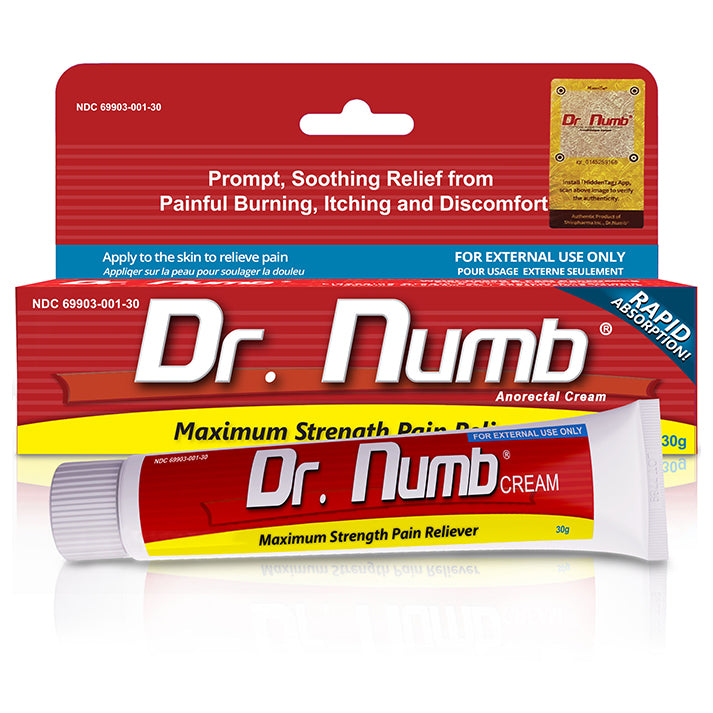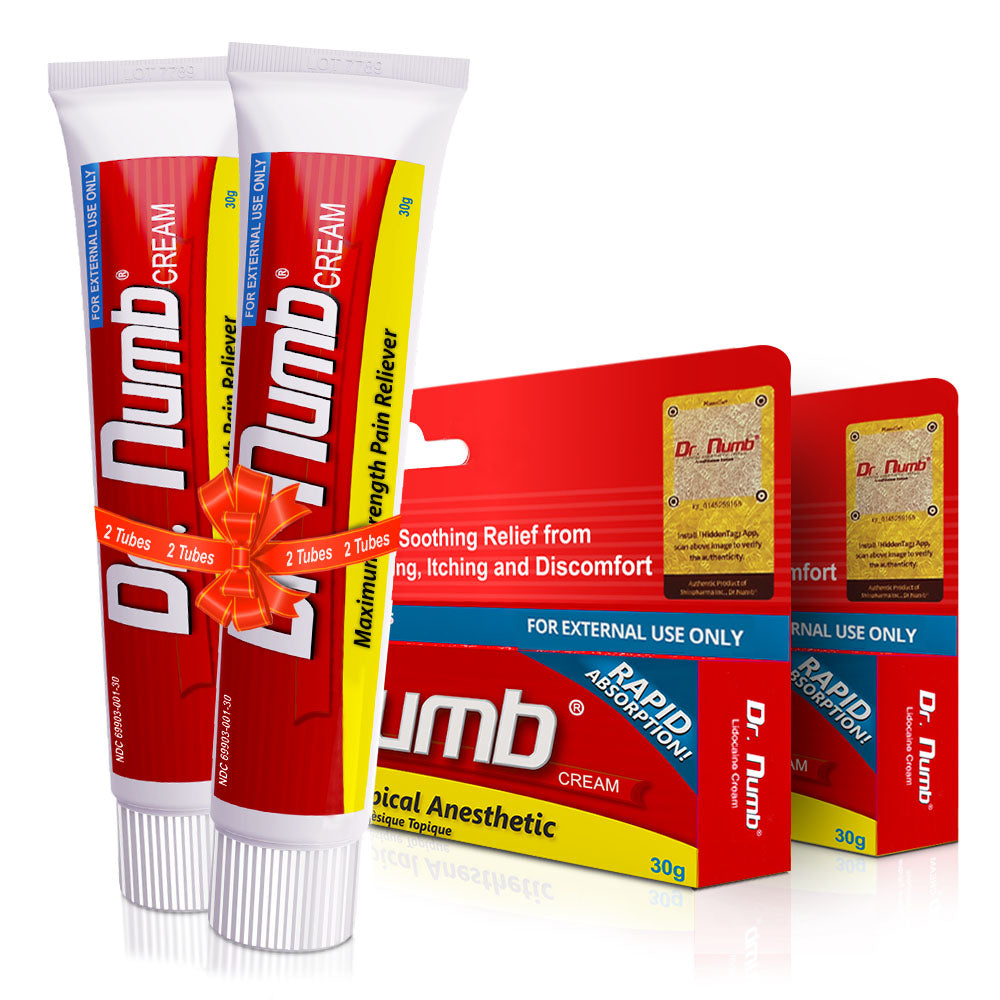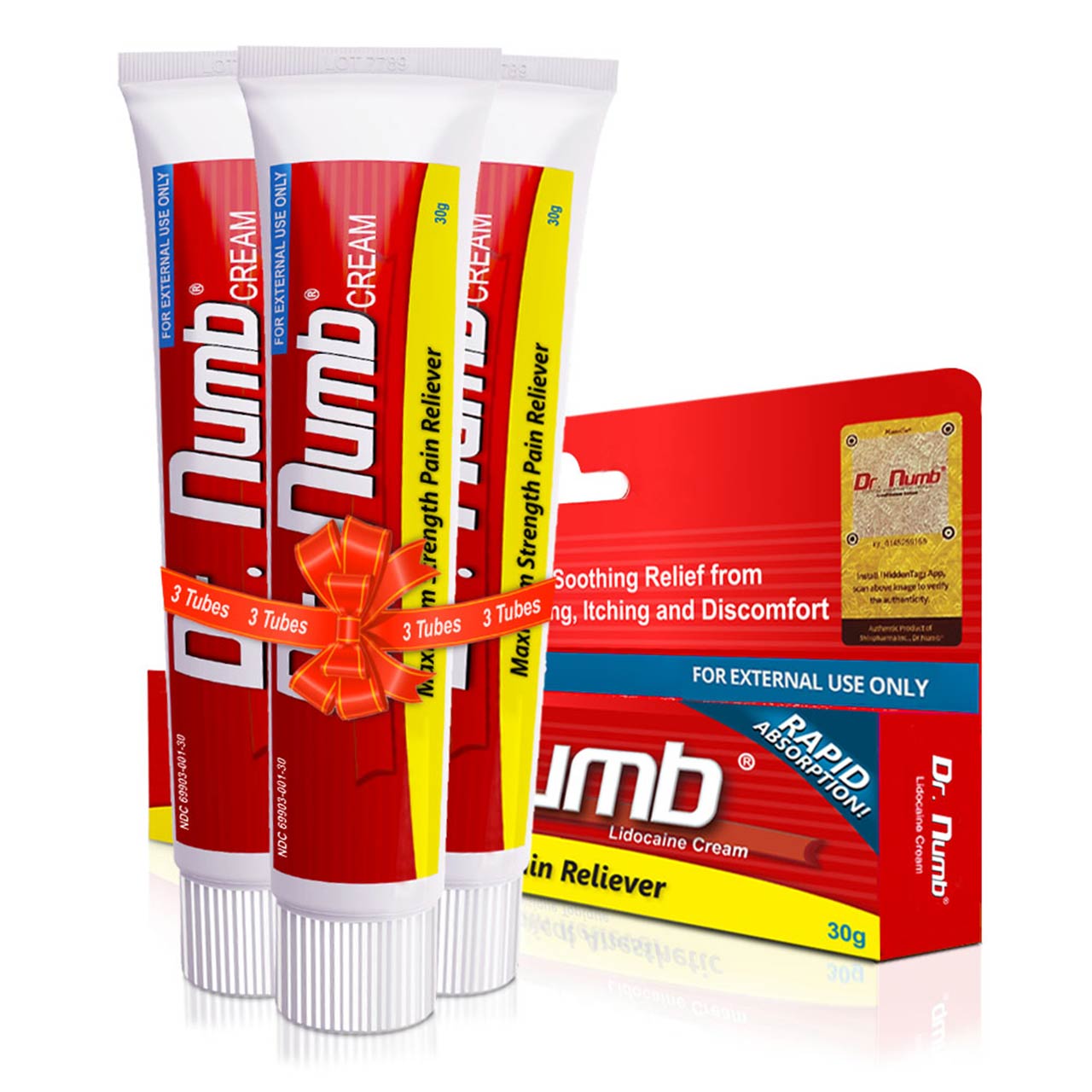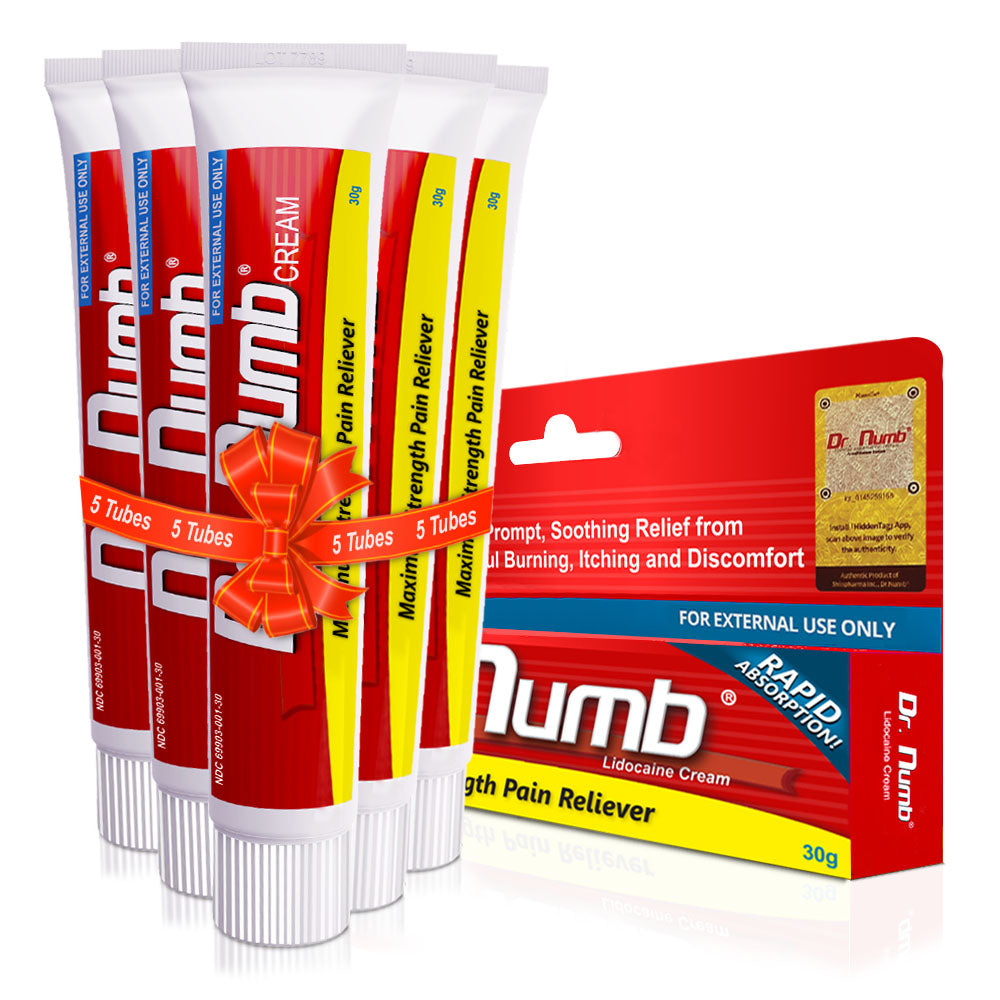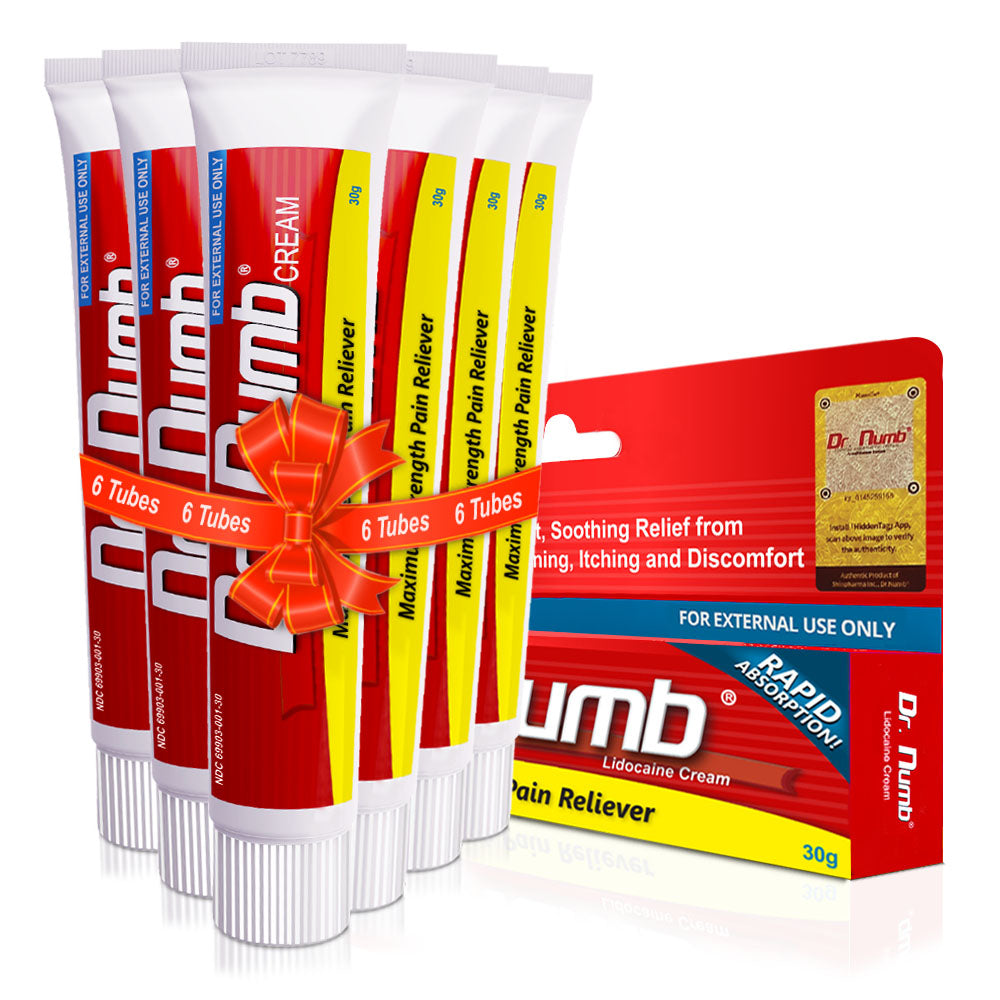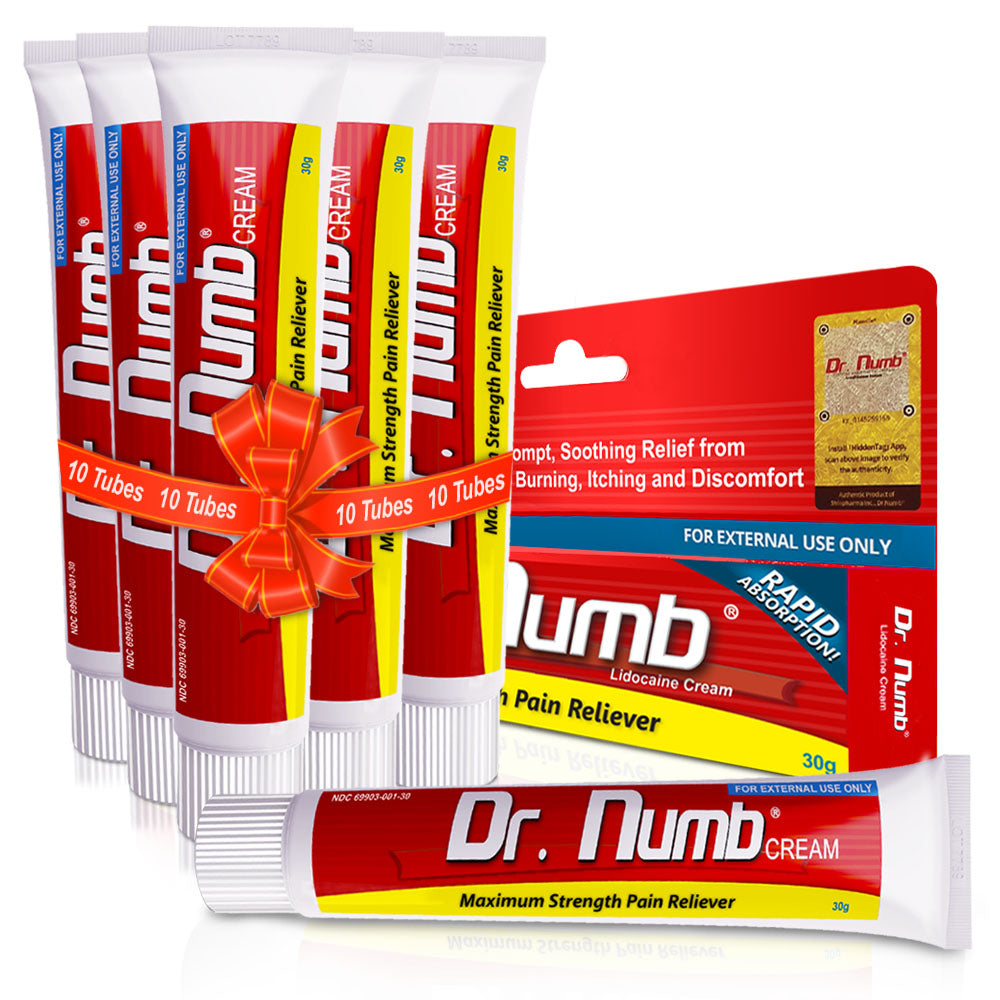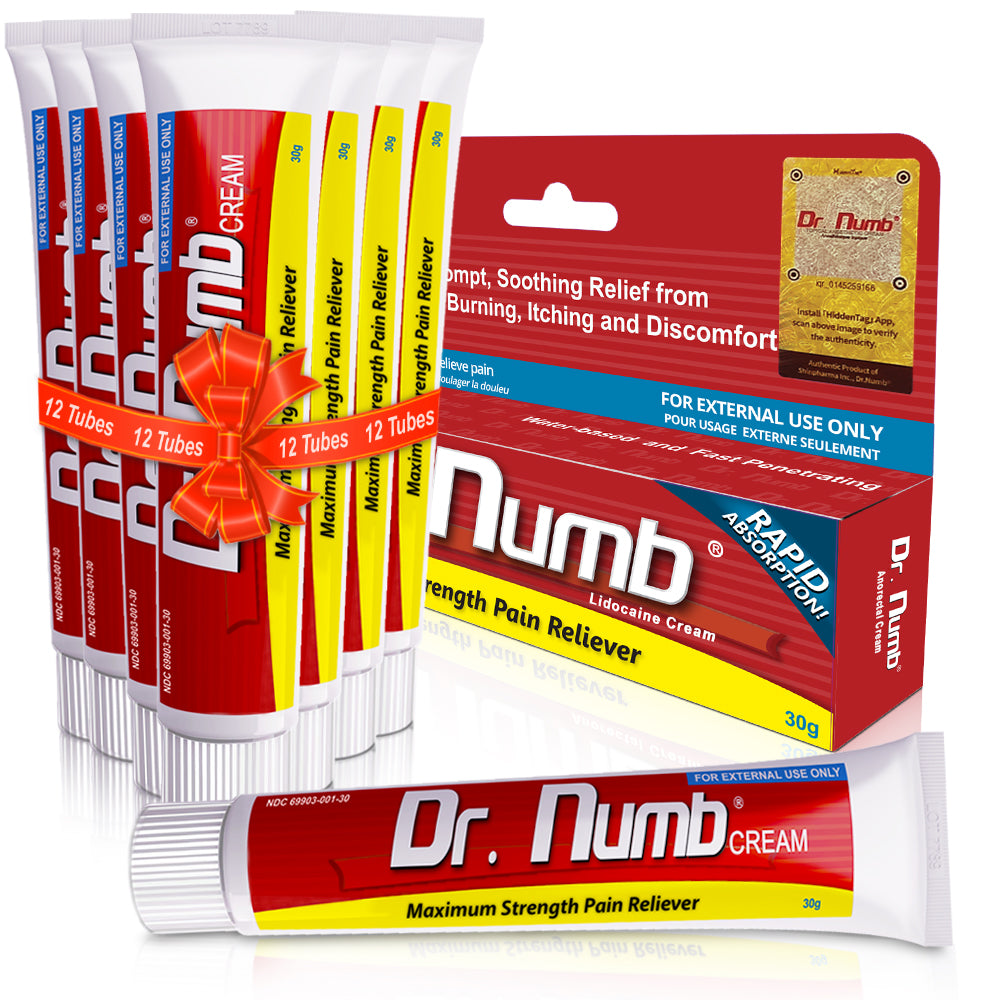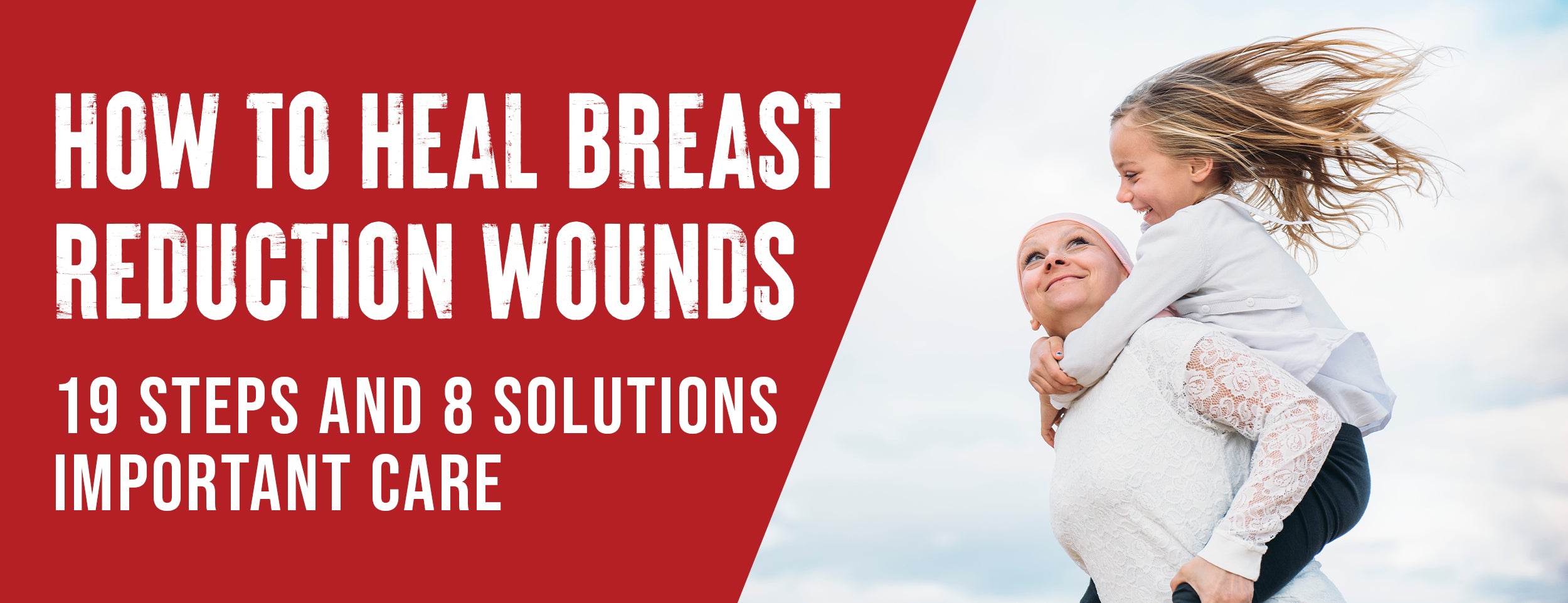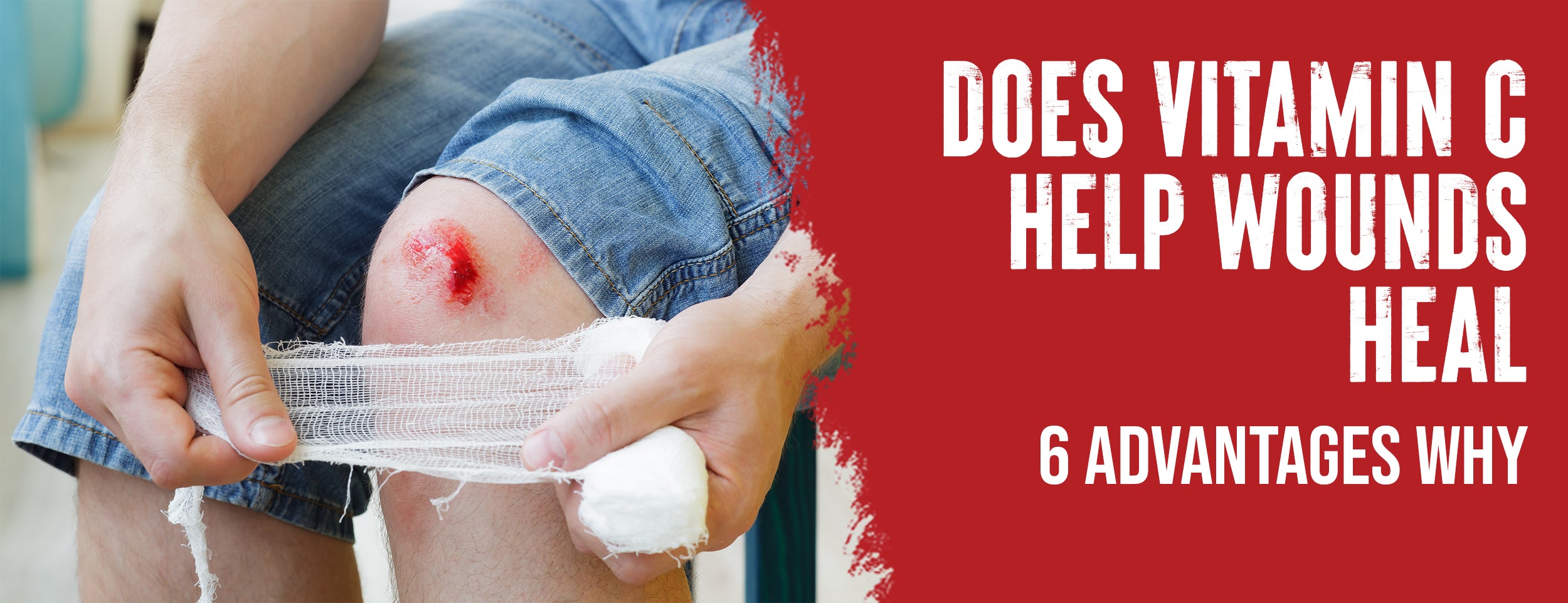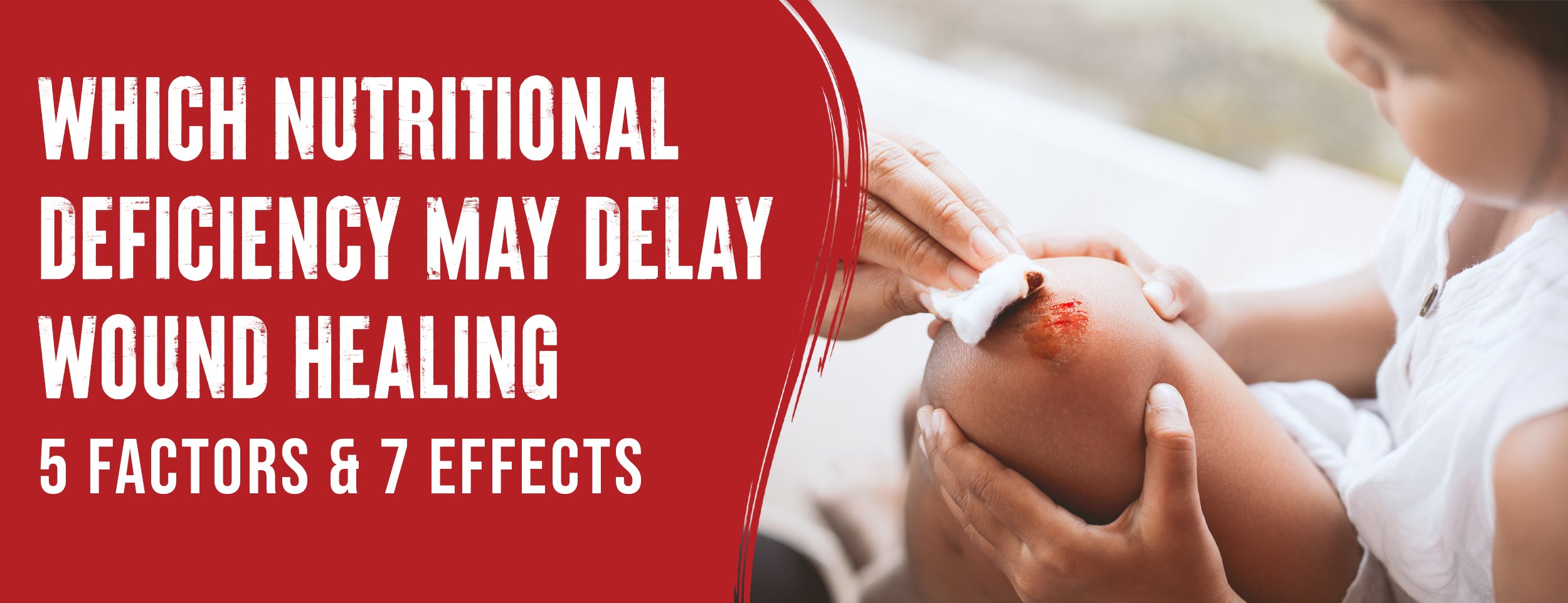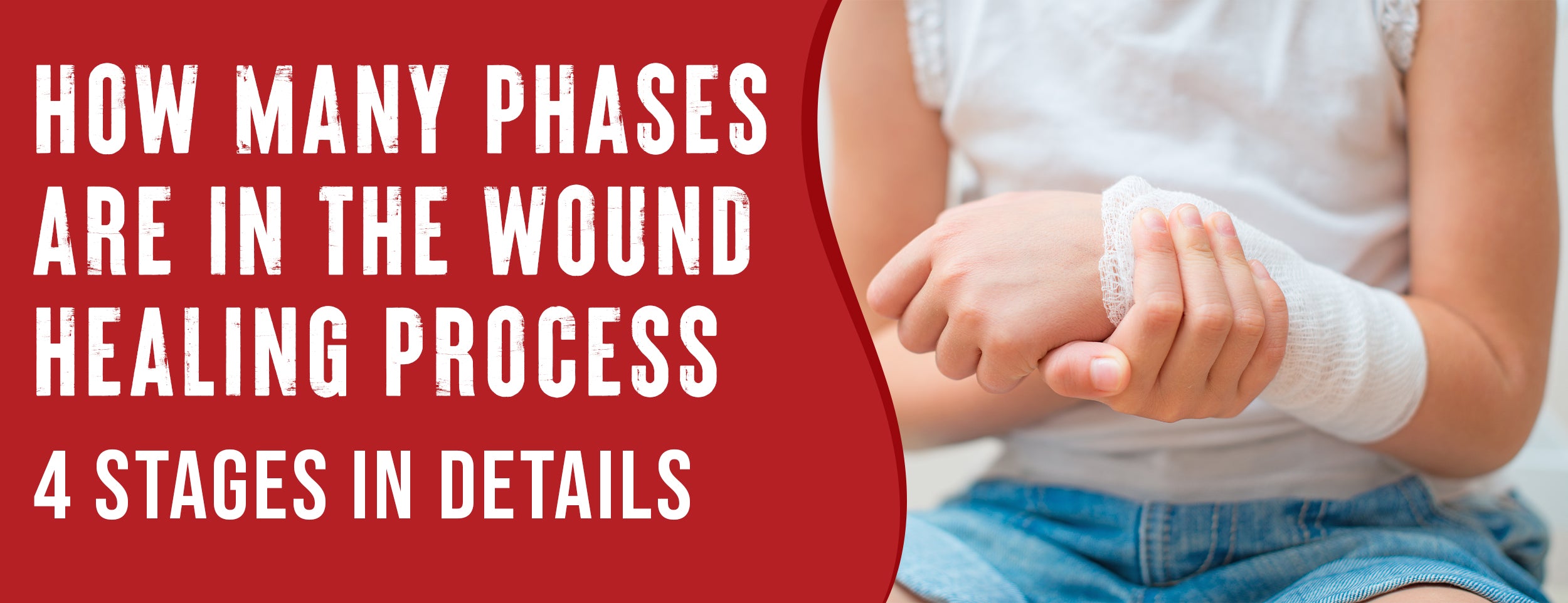Sunlight is crucial for human health, providing benefits such as vitamin D production, bone health, lower blood pressure, disease prevention, and improved mental health. Sun exposure and protection must be balanced to minimize risks and enjoy these benefits.
Sunlight has been used since ancient times to heal wounds by efficiently killing germs. The UV rays in sunlight can destroy harmful bacteria in the body. Regular exposure to sunlight aids in disinfecting and healing wounds. Sunlight, also known as the 'sunshine vitamin,' is the primary source of vitamin D.
We'll explore the benefits of sunlight for wound healing, the precautions you should take, and best practices for safe sun exposure during wound healing.
Does Sun Help Heal Wounds: 4 Benefits

To achieve optimal healing, it is essential to understand the various benefits of sunlight exposure during wound healing. We will cover how sunlight can improve wound healing.
Calcium Absorption
Calcium plays a vital role in wound healing. It is necessary for collagen production, providing skin strength and elasticity. Sunlight exposure helps in calcium absorption in the following ways:
- Vitamin D is produced by sunlight, which aids calcium absorption.
- The intestines absorb calcium through vitamin D, which is then carried to the skin for healing.
- Wounds can be healed with calcium-rich foods such as milk, cheese, and yogurt.
Blood Pressure Control
Maintaining optimal blood pressure is essential for optimal wound healing. Sunlight exposure can help regulate blood pressure in the following ways:
- The sun helps produce nitric oxide, which helps dilate blood vessels, thus reducing blood pressure.
- The recommended sun exposure for blood pressure control is 10-15 minutes daily.

Vitamin D Production
You need vitamin D for a healthy immune system, vital in wound healing. UV light exposure is the best source of vitamin D for wound healing, as it produces natural vitamin D. Here are a few ways sunlight helps make vitamin D:
- UV light triggers vitamin D production through a chemical reaction.
- A diet rich in vitamin D-rich foods, such as fatty fish, eggs, and mushrooms, can help heal wounds.
- Natural vitamin D from sunlight is more beneficial than dietary supplements, as the body more readily absorbs it.
UV Rays Healing Effects
UV rays have been known to have several health benefits, including wound healing. Understanding the benefits of UV rays on wounds and how to reap these benefits safely is essential. Here are some of the UV rays benefits for wound healing:
- UV rays stimulate collagen production, which is essential for skin healing.
- UV rays help fight bacterial infections by reducing the number of harmful bacteria on the skin’s surface.
- Taking precautions when exposing wounds to UV rays is crucial, such as using sunscreen and limiting exposure time.
Sunlight Heals Wounds: Practices Tips

One often overlooked factor in wound healing is the role of the sun. While exposure to sunlight has some benefits, there are dangers and precautions to observe. Here we discuss best practices when using sunlight in wound healing.
Timing of Sun Exposure
Timing is crucial when using sunlight to help heal a wound. While some sunlight can be beneficial, too much or the wrong kind can impair healing and cause further damage. Here are some tips on when to expose wounds to sunlight:
- The best time to expose a wound to sunlight is early morning or late afternoon when the sun is lower and less intense.
- Avoid exposing wounds to sunlight during the peak hours of the day, usually 10 am to 4 pm, when the sun is strongest.
- Depending on the wound's location, the amount and timing of sunlight may vary. To determine the best course of action, consult a healthcare professional.
Precautions:
- Take care not to overexpose wounds to sunlight.
- Use a sunscreen with an SPF of at least 30.
- Use protective dressings if required to protect the wound from prolonged exposure to the sun.
- Cover the wound with clothing or a scarf to minimize sun exposure.
Moisture Control for Wound Healing
One of the most critical factors in wound healing is the wound's moisture control. Moisture plays a vital role in allowing wounds to heal optimally. However, too much or too little can prevent proper healing. Here are some moisture control recommendations:
- Ensure the damage remains clean and dry.
- Use moist wound dressings to control moisture levels.
- Avoid exposing the wound to humid environments, as this can worsen the wound's condition.
- Consult a healthcare professional for advice.
Air-exposed Wounds
Leaving wounds exposed to air can be beneficial, but certain factors must be considered. Here are some benefits of exposing wounds to air:
- Improved air circulation around the wound can help reduce moisture and prevent infection.
- Wounds left exposed to air can form a layer of dry skin to protect them from potential damage.
Situational factors may indicate that you should not leave a wound exposed to air, including:
- Presence of infection, which should require medical attention.
- If the wound has excessive exudate, it's oozing or seeping fluids.

Never Leave Wounds Exposed to Sunlight
Exposing wounds to sunlight can do more harm than good. Here are some risks of doing so:
- Wounds exposed to sunlight for too long can cause skin damage and increased pain.
- Prolonged sunlight exposure can increase the risk of skin cancer.
- Sunburned skin takes longer to heal and may require additional treatment.
Precautions:
- Ensure the wound is appropriately covered.
- Make sure you wear sunscreen with a minimum SPF of 30.
- Consult with a healthcare professional before exposing the wound to sunlight.
Conclusion
Sunlight is a natural and effective way to speed up wound healing and prevent infections by boosting our body's natural defenses. We learned that calcium is essential for wound healing, and sunlight helps in its absorption. We also discussed how sunlight assists in regulating blood pressure, providing vitamin D, and even aiding in the regeneration of skin cells.
It's essential to follow best practices for sun exposure, such as applying sunscreen, being mindful of the timing of sun exposure, and adequately controlling wound moisture. By paying attention to these factors, we can ensure we are reaping all of the benefits sunlight offers for optimal wound healing.



